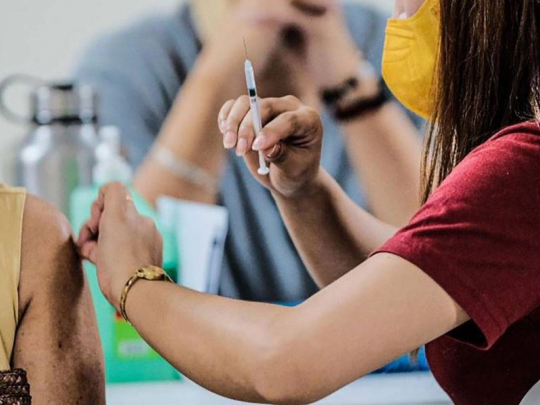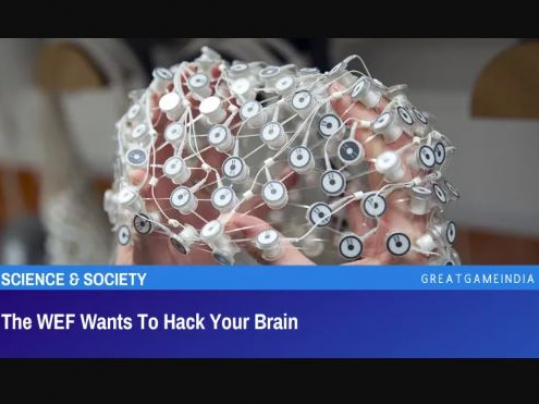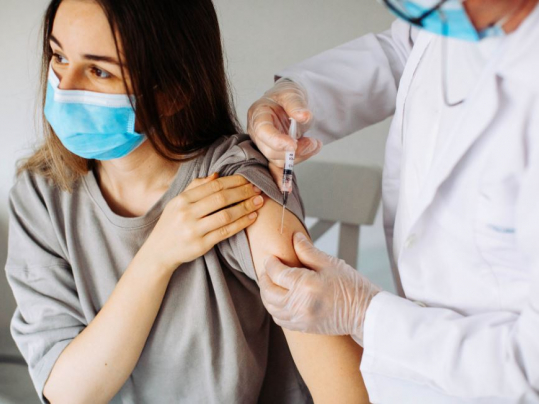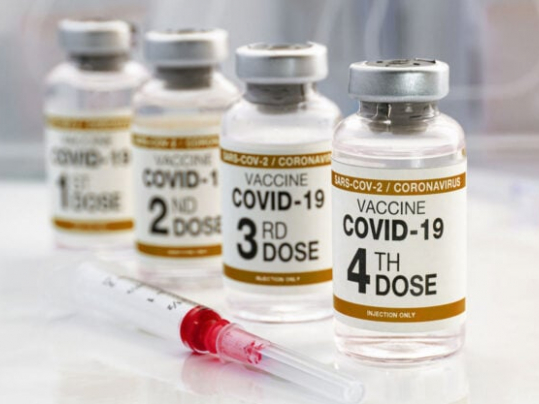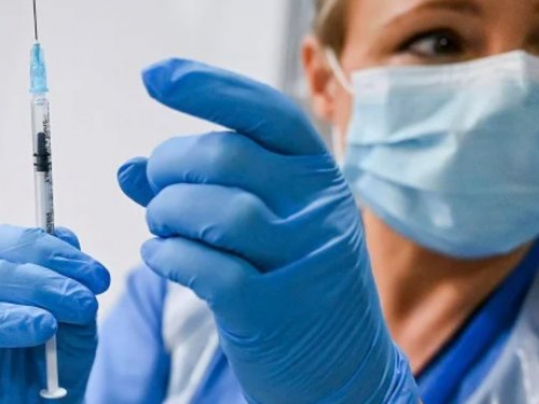Doctors Group Accuses Neuralink Of Animal Abuse During Brain Implant Experiments
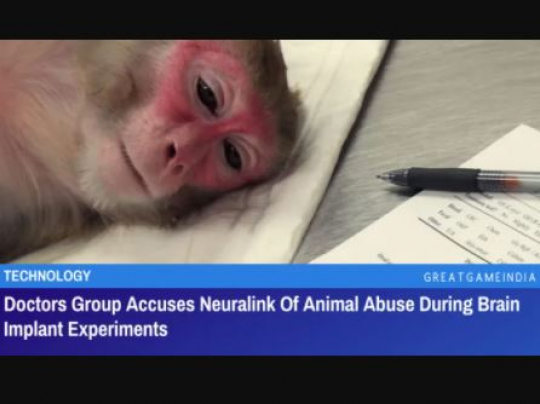
Some highly invasive implants and their associated hardware are inserted in the brain after drilling holes in the animals’ skulls. Now a doctors group is accusing Neuralink of animal abuse of varying nature during brain implant experiments.
A doctors’ group has lodged a claim with the United States Department of Agriculture, accusing that Elon Musk’s brain-computer interface firm Neuralink as well as its study partners at the University of California Davis breached the Animal Welfare Act (AWA) throughout experimentations with 23 monkeys between 2018 and 2020.
The Physicians Committee for Responsible Medicine (PCRM), a Washington, D.C.-based nonprofit with over 17,000 healthcare professional members, submitted the dispute on Thursday, requesting that the USDA’s Animal and Plant Health Inspection Service look into the experimental tests, which took place at UC Davis’ California National Primate Research Center from early 2018 to late 2020.
PCRM claimed in a copy of the lawsuit reviewed by Observer that some of the monkeys involved in the Neuralink research “experienced extreme suffering as a result of inadequate animal care and the highly invasive experimental head implants during the experiments.”
“These highly invasive implants and their associated hardware, which are inserted in the brain after drilling holes in the animals’ skulls, have produced recurring infections in the animals, significantly compromising their health, as well as the integrity of the research,” within the petition, PCRM cites information from UC Davis’ experimental protocols and veterinary data acquired through California’s open records legislation.
The complaint also claimed that Neuralink and UC Davis scientists had repeatedly broken the university’s Institutional Animal Care and Use Committee-approved experiment procedure (IACUC). During one case, researchers filled the area between two implants in a monkey’s head with “Bioglue,” a medical adhesive not permitted in the experiment protocol.
Neuralink produced a three-minute video in April 2021 that showed a nine-year-old monkey named Pager, who seems to have two Neuralink chips inserted, playing video games only with his mind.
Watch the video below:
“I have a lot of skepticism about that whole video,” Jeremy Beckham, PCRM’s research advocacy coordinator who authored the complaint, told Observer. “The records we have from UC Davis indicate that all the monkeys who had hardware put in their heads suffered from really serious debilitated conditions—their implants got infected; several had seizures; a few of them died within a few days…But Pager in the YouTube video seemed like a pretty healthy monkey.”
“Also, the hardware described in the animal use protocol includes what’s called a ‘pillbox’ connector that goes on the top of a monkey’s head. None of that is shown in the YouTube video,” he added.
According to documents acquired by PCRM, 16 of the 23 primates utilized in the study received brain implants. The last seven “surgically naive” monkeys were transferred to Neuralink from the UC Davis facility in November 2020, two months following PCRM filed a public records petition with the institution for research data.
Neuralink has yet to react to a request for comment from the Observer. Pager had the implant six weeks previous to the demo, according to the YouTube video, which was posted on April 8, 2021.
PCRM likewise launched a case in Yolo County Superior Court on Thursday, demanding that the court issue a “Writ of Mandate” forcing UC Davis to give images, video recordings, researcher codes, and the identification number of each and every monkey involved in the Neuralink experiment.
UC Davis is still yet to respond to a request for comment. We “fully complied with the California Public Records Act in responding to [PCRM’s] request,” a university official told Fortune.
As per the court case, the university stated in emails to PCRM in August and September 2021 that it does not own any of the photographs or camera footage from the research since “Neuralink installed, managed, and subsequently removed all of their computing and storage systems” from the testing institution.
Neuralink did not begin by experimenting with monkeys. The business released a presentation in August 2020 demonstrating how its robot surgeon implanted brain implants in pigs. Outsiders were unable to examine the experiment because it took place at a private facility controlled by Neuralink.
“It’s really hard to peek inside and see what’s going on. All of their data is proprietary until they submit something for FDA approval. And they’ve never submitted anything for FDA approval,” Beckham said. “That’s why when they partnered with UC Davis, it was a rare opportunity, because UC Davis is a public university and they are subject to certain laws that require them to be transparent.”
One of PRCM’s aims, by its webpage, is to wipe eliminate the exploitation of animals in academic study and education. The organisation, which is a 501(c) nonprofit, is largely supported by its members and has no partisan affiliations, according to Beckham.
- Source : GreatGameIndia





